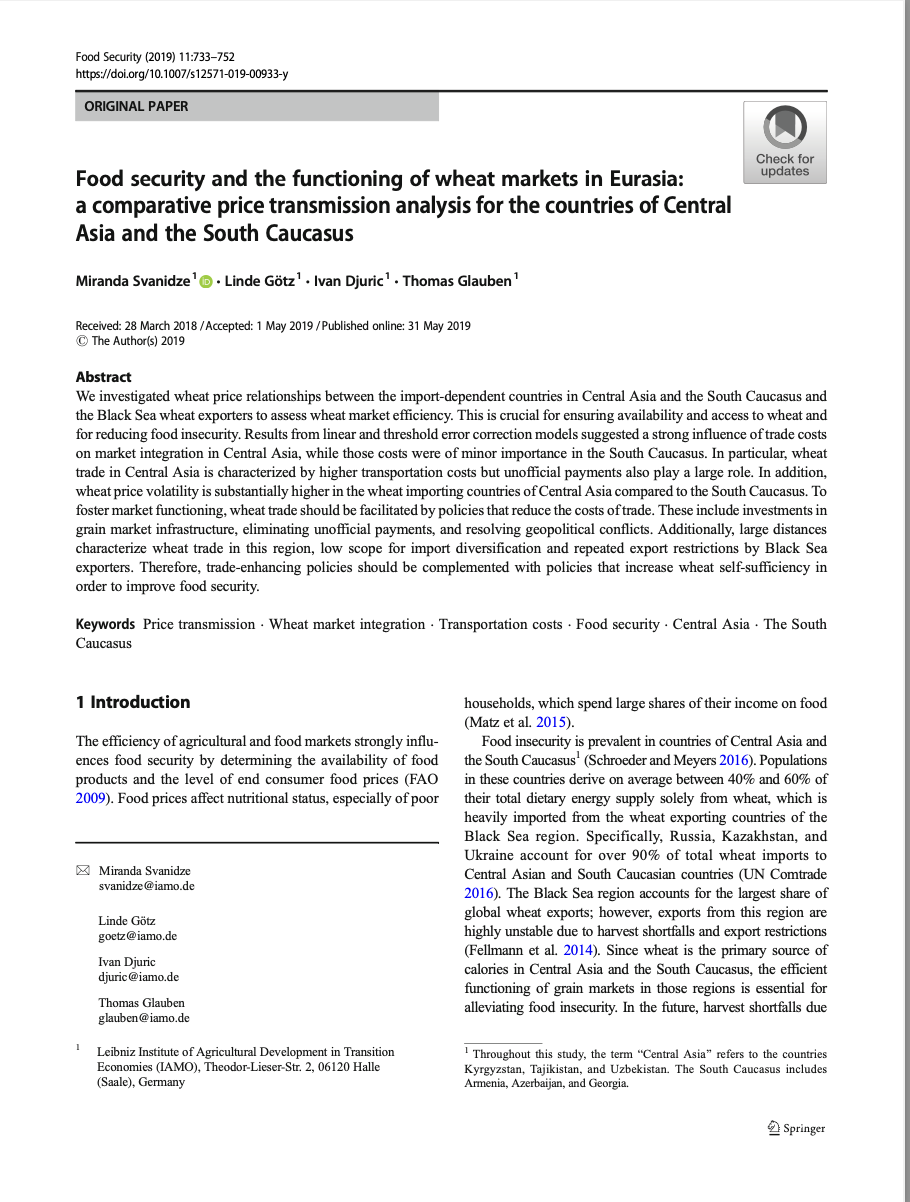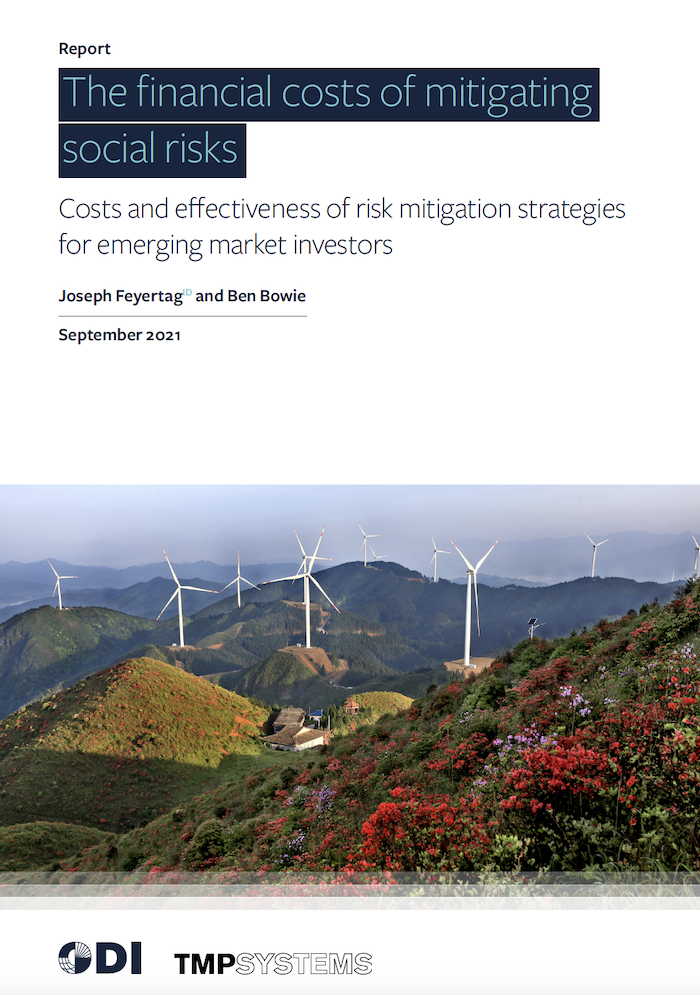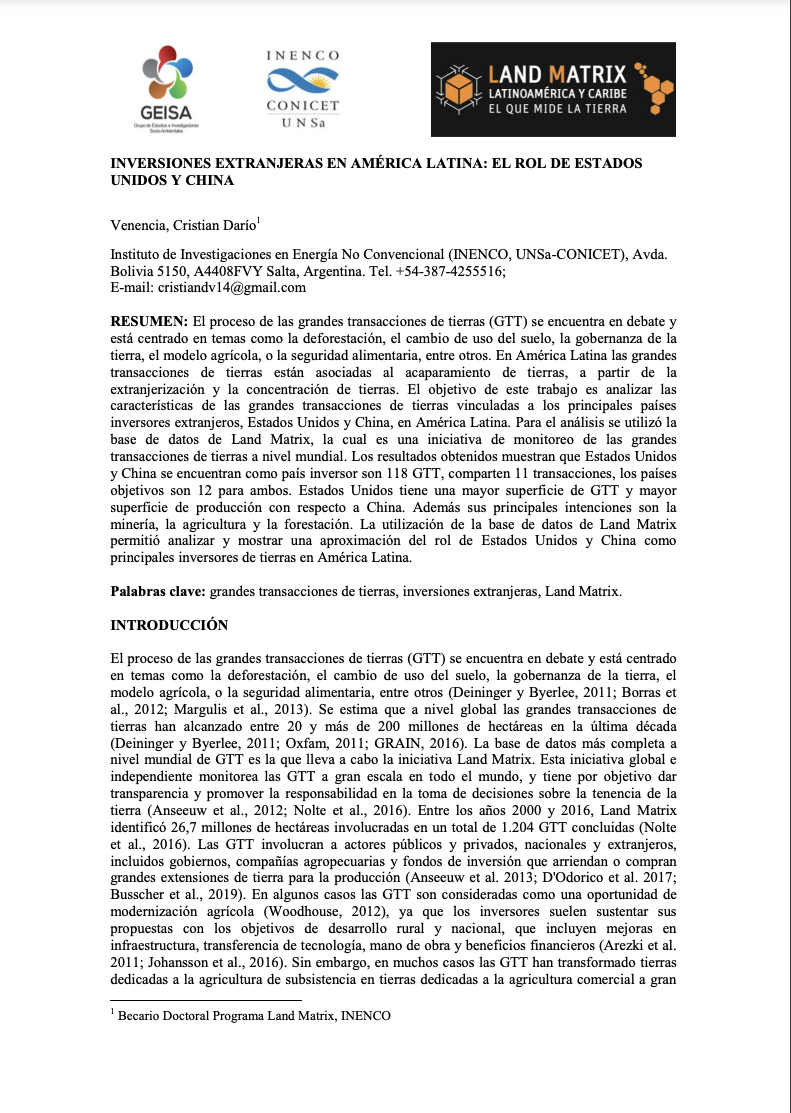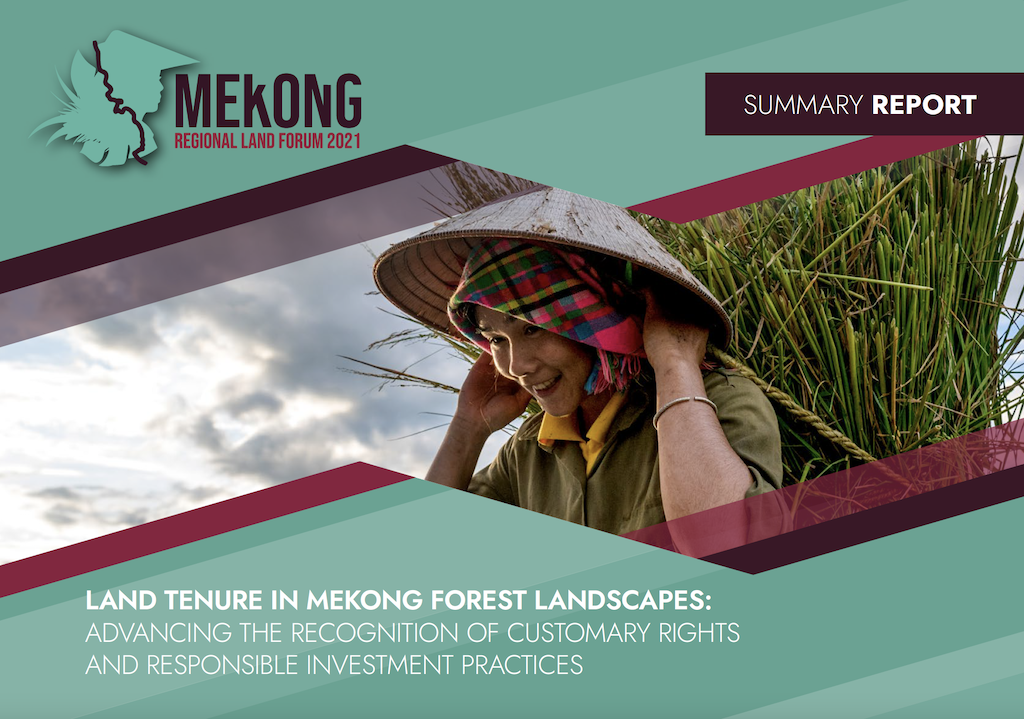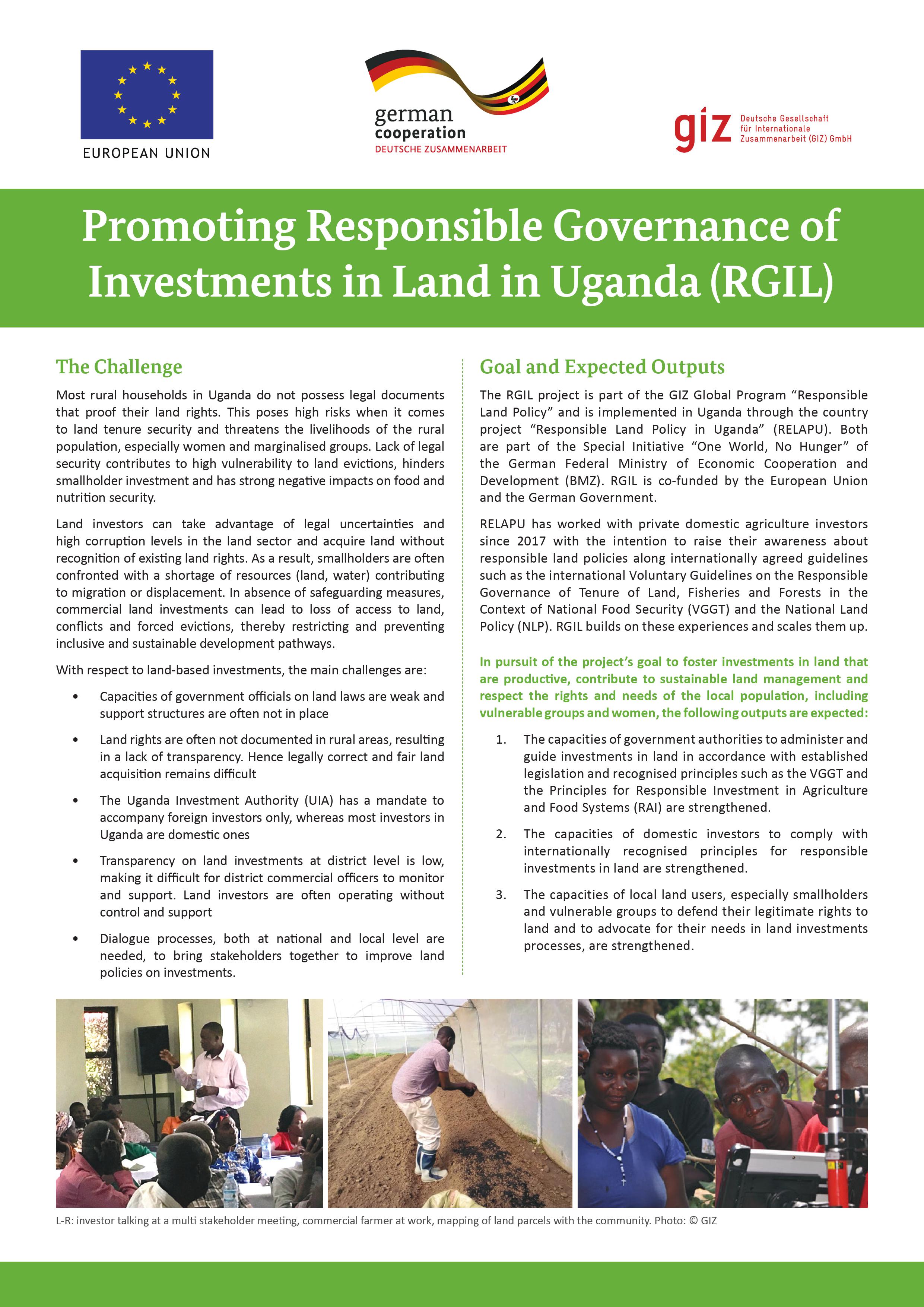Food security and the functioning of wheat markets in Eurasia: a comparative price transmission analysis for the countries of Central Asia and the South Caucasus
We investigated wheat price relationships between the import-dependent countries in Central Asia and the South Caucasus and the Black Sea wheat exporters to assess wheat market efficiency. This is crucial for ensuring availability and access to wheat and for reducing food insecurity. Results from linear and threshold error correction models suggested a strong influence of trade costs on market integration in Central Asia, while those costs were of minor importance in the South Caucasus.

